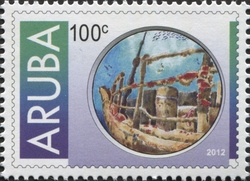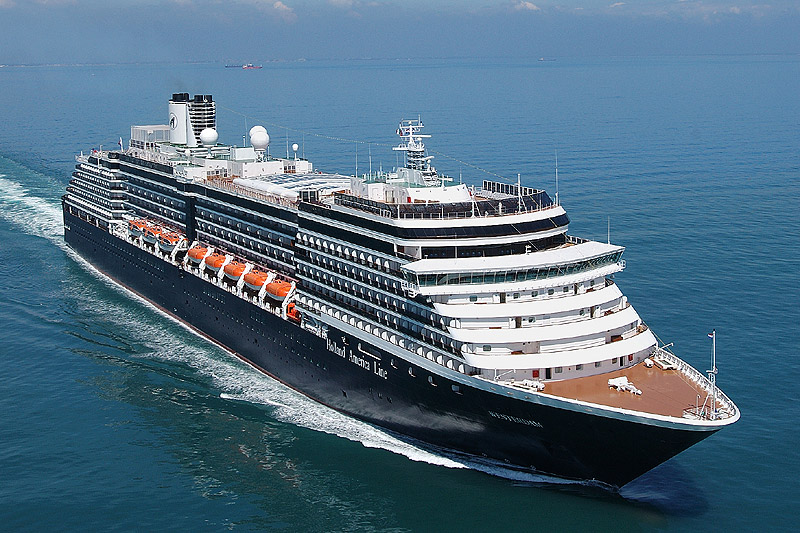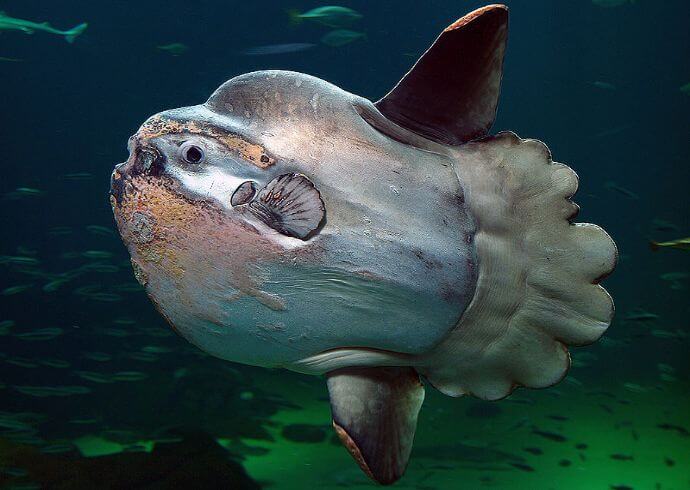Stamp: Underwater Exploration (Aruba 2012)
Underwater Exploration (Aruba 2012)
15 November (Aruba ) within release Underwater Exploration goes into circulation Stamp Underwater Exploration face value 1 Aruban florin
| Stamp Underwater Exploration in catalogues | |
|---|---|
| WADP Numbering System - WNS: | WAD:AW058.12 |
Stamp is horizontal format.
Also in the issue Underwater Exploration:
- Stamp - Underwater Exploration face value 1;
- Stamp - Underwater Exploration face value 1;
- Stamp - Underwater Exploration face value 1;
- Stamp - Underwater Exploration face value 1;
- Stamp - Underwater Exploration face value 1;
- Stamp - Underwater Exploration face value 1;
- Stamp - Underwater Exploration face value 1;
- Stamp - Underwater Exploration face value 1;
- Stamp - Underwater Exploration face value 1;
- Stamp - Underwater Exploration face value 1;
|
Data entry completed
80%
|
|
|---|---|
| Stamp Underwater Exploration in digits | |
| Country: | Aruba |
| Date: | 2012-11-15 |
| Size: | 36 x 26 |
| Perforation: | 14 by 14 |
| Format: | Stamp |
| Face Value: | 1 Aruban florin |
Stamp Underwater Exploration it reflects the thematic directions:
A ship is a large watercraft that travels the world's oceans and other sufficiently deep waterways, carrying passengers or goods, or in support of specialized missions, such as defense, research and fishing. Historically, a "ship" was a sailing vessel with at least three square-rigged masts and a full bowsprit. Ships are generally distinguished from boats, based on size, shape and load capacity.
Fauna (pl.: faunae or faunas) is all of the animal life present in a particular region or time. The corresponding terms for plants and fungi are flora and funga, respectively. Flora, fauna, funga and other forms of life are collectively referred to as biota. Zoologists and paleontologists use fauna to refer to a typical collection of animals found in a specific time or place, e.g. the "Sonoran Desert fauna" or the "Burgess Shale fauna". Paleontologists sometimes refer to a sequence of faunal stages, which is a series of rocks all containing similar fossils. The study of animals of a particular region is called faunistics.
Transport (in British English) or transportation (in American English) is the intentional movement of humans, animals, and goods from one location to another. Modes of transport include air, land (rail and road), water, cable, pipelines, and space. The field can be divided into infrastructure, vehicles, and operations. Transport enables human trade, which is essential for the development of civilizations.
Fauna (pl.: faunae or faunas) is all of the animal life present in a particular region or time. The corresponding terms for plants and fungi are flora and funga, respectively. Flora, fauna, funga and other forms of life are collectively referred to as biota. Zoologists and paleontologists use fauna to refer to a typical collection of animals found in a specific time or place, e.g. the "Sonoran Desert fauna" or the "Burgess Shale fauna". Paleontologists sometimes refer to a sequence of faunal stages, which is a series of rocks all containing similar fossils. The study of animals of a particular region is called faunistics




